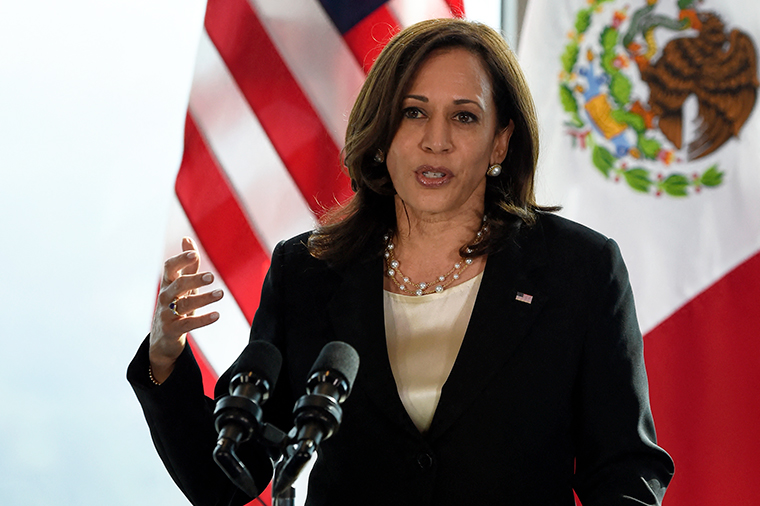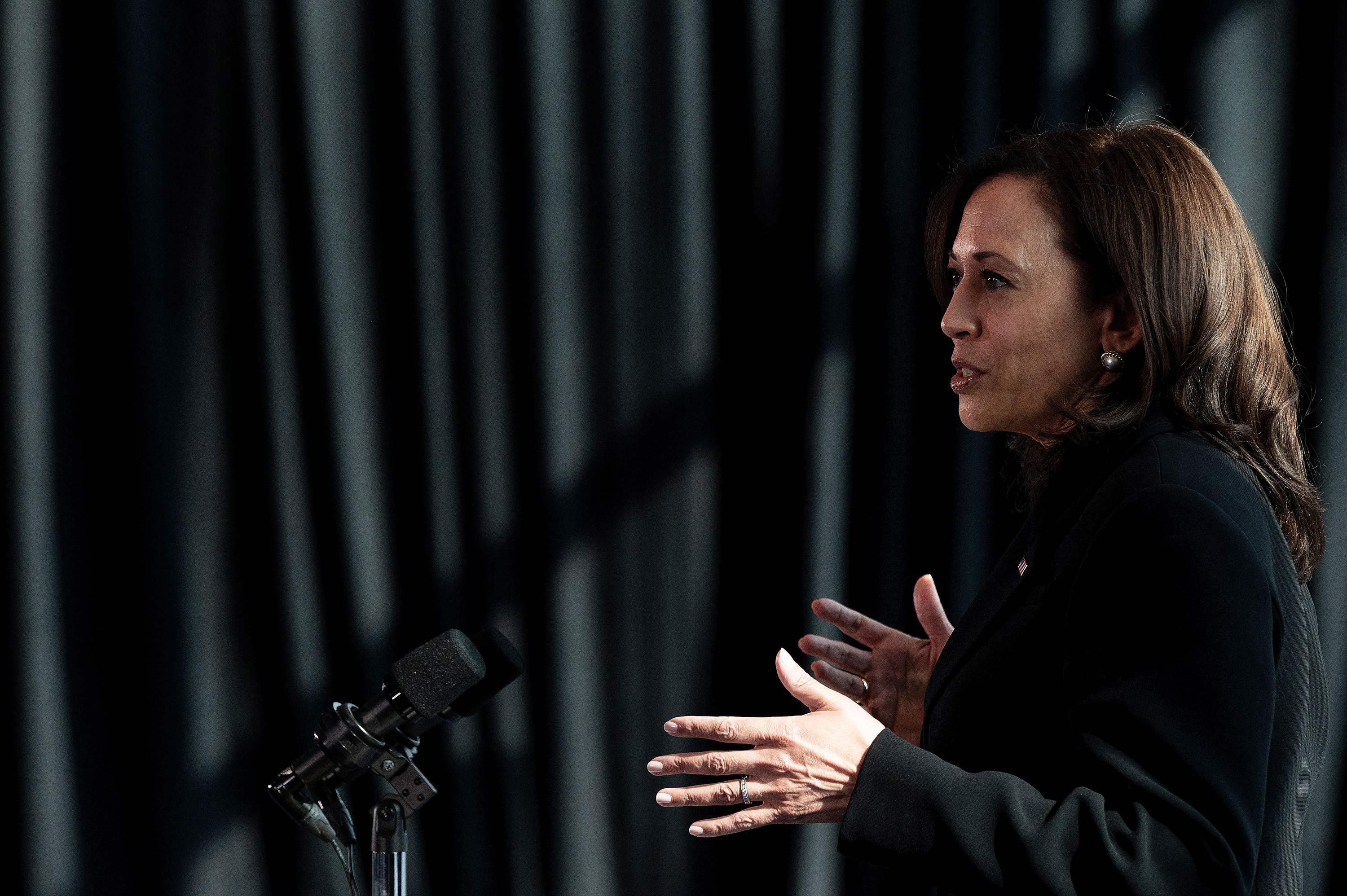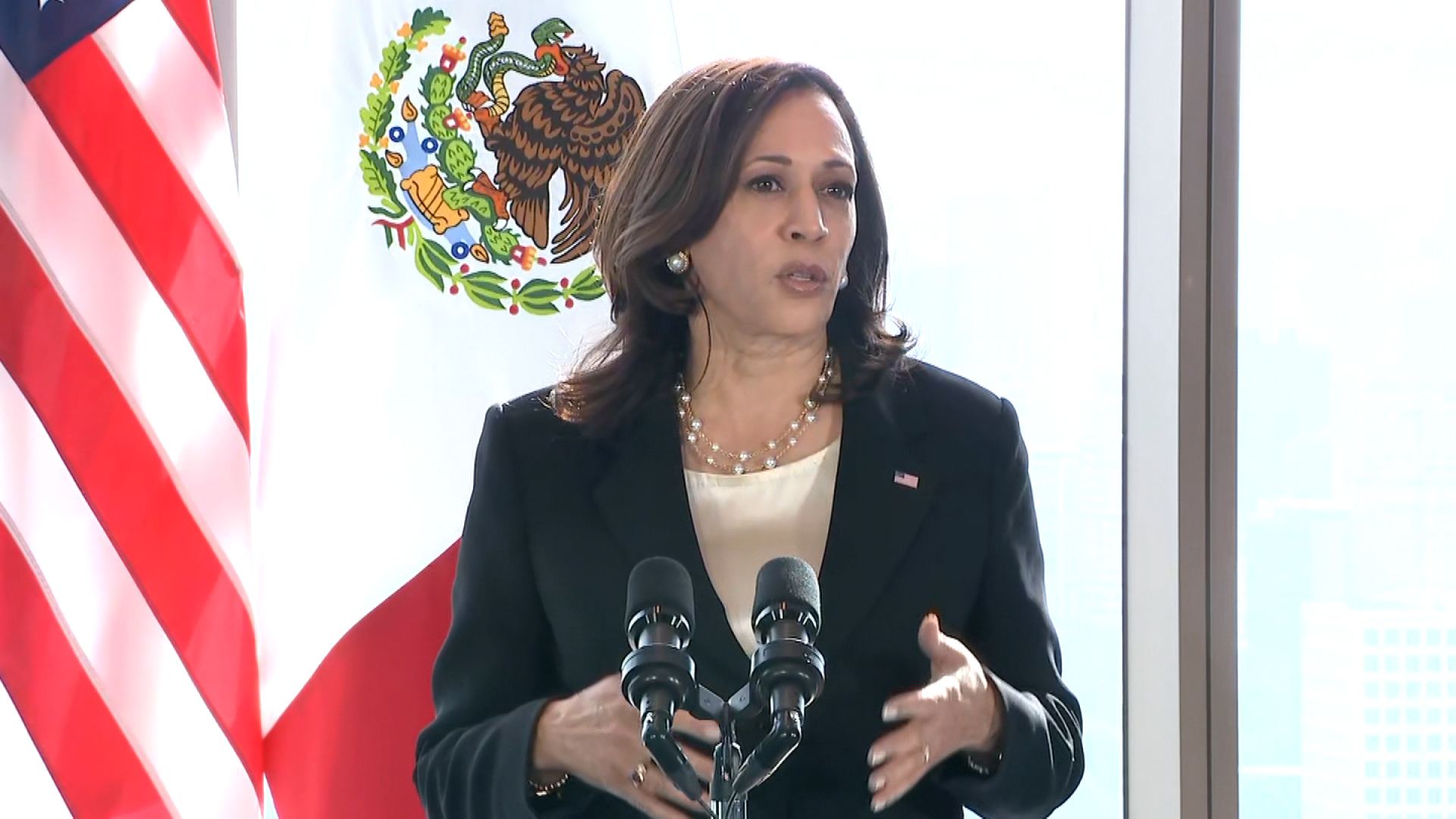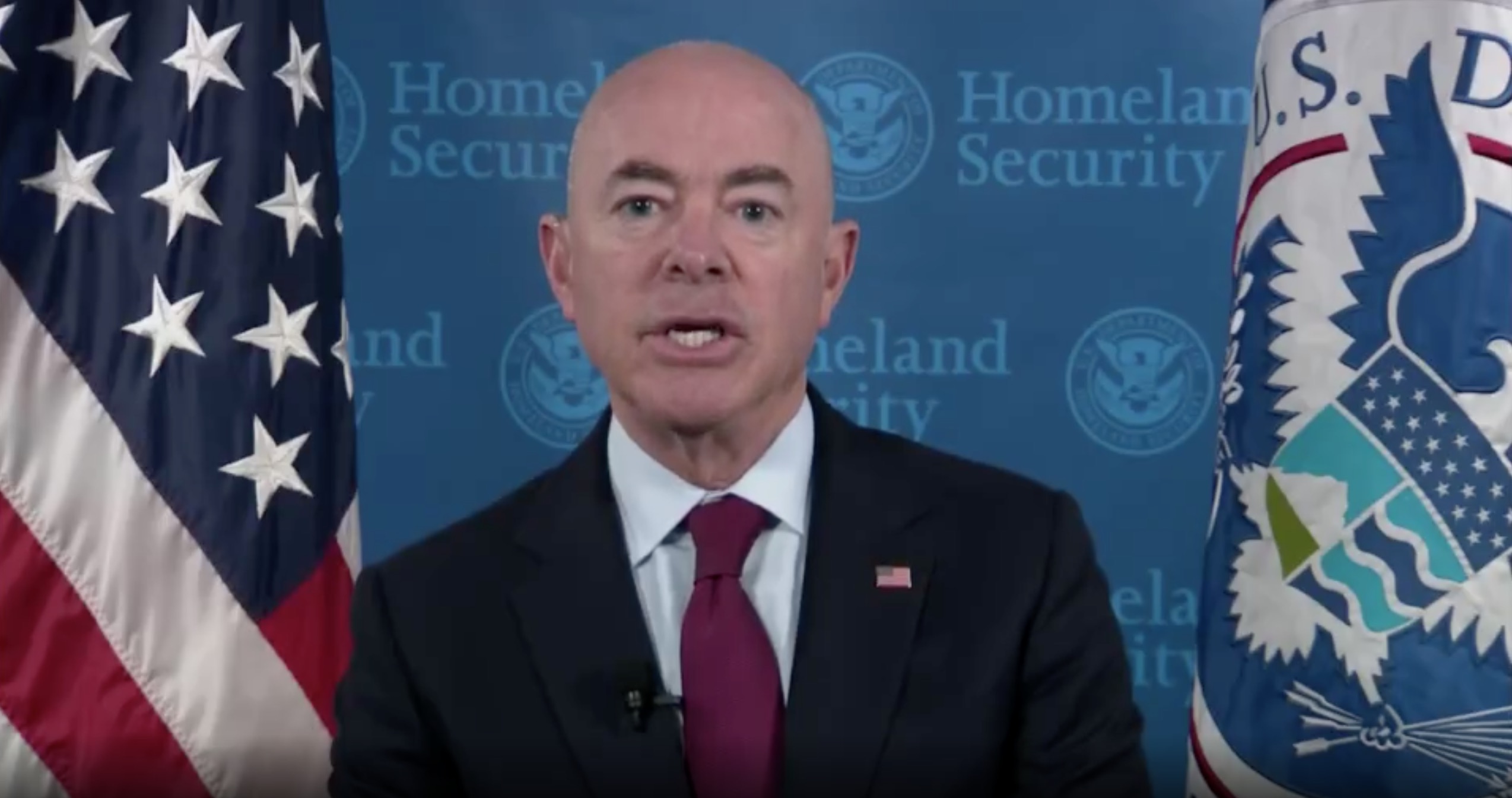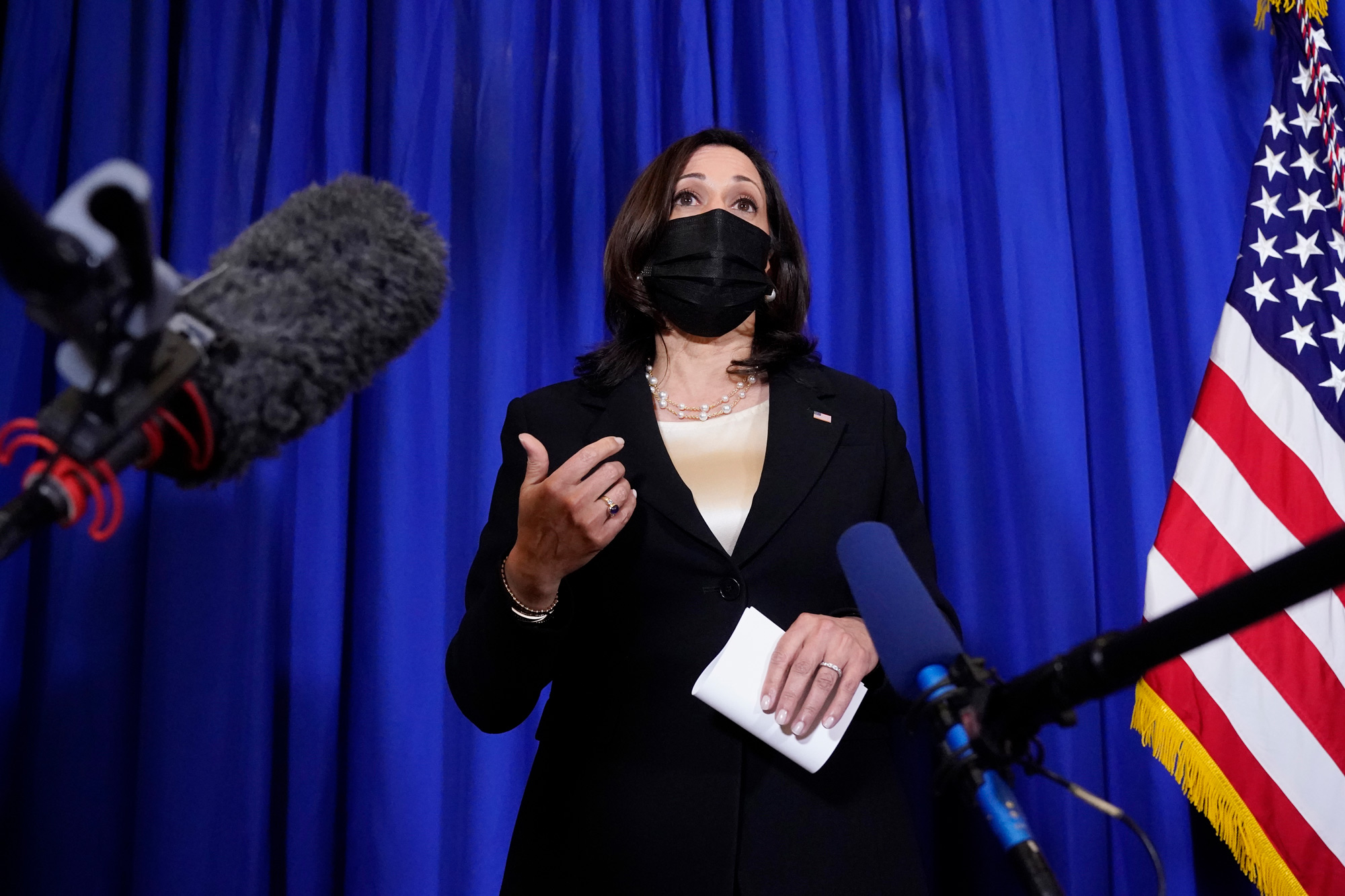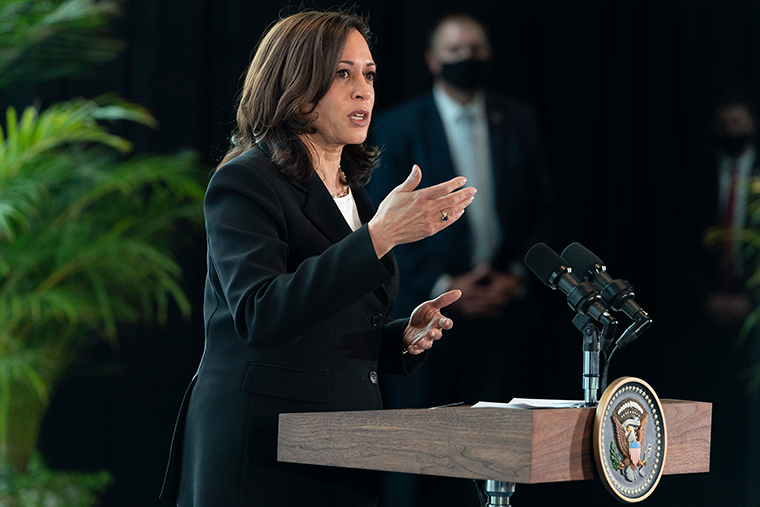
Vice President Kamala Harris said the administration will continue to work to reunite families that were separated at the US-Mexico border under President Trump’s “zero-tolerance” policy.
Harris did not answer whether the administration might support a pathway to US citizenship for separated families, instead saying work must continue to try and reunify those families.
“I believe that was a cruel policy to separate children from their parents, and many of them very young children. And the President feels the same way and we as an administration have made it a priority to reunify those children with their parents,” Harris told reporters in Mexico City on Tuesday.
A new report from the Department of Homeland Security said the administration is preparing to reunite 29 migrant families who were separated at the US-Mexico border, though it contained few new details on the Trump-era separations known to have occurred between July 2017 and January 2021, many of which have been subject to ongoing litigation.
“And the way that policy was carried out, when it was carried out, and now we're coming in after it happened, is we've got to locate people. We've got to find people, literally find people, and we cannot give up on that and it's going to take a lot of work but that work is worth it. And we'll continue to do it. We'll continue to do it,” Harris added.
Officials have repeatedly underscored the hurdles in identifying and reuniting separated families as a result of the lack of documentation and of errors in the files.
"In the files the task force accessed, we found numerous errors and misinformation," a DHS official told reporters Monday, citing wrong dates, repeated cases and name confusions. "There were accounts of children being mismatched or matched to the wrong adult. And again, this is really a reflection of the lack of tracking and record-keeping at the time."
